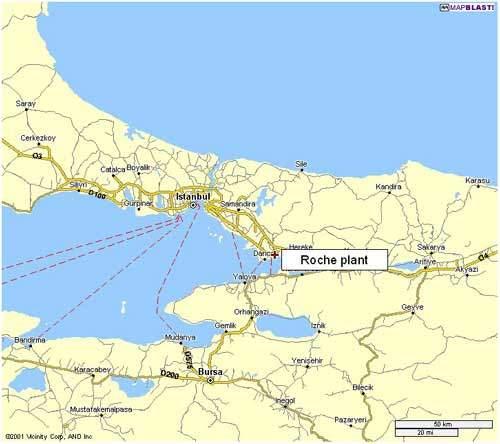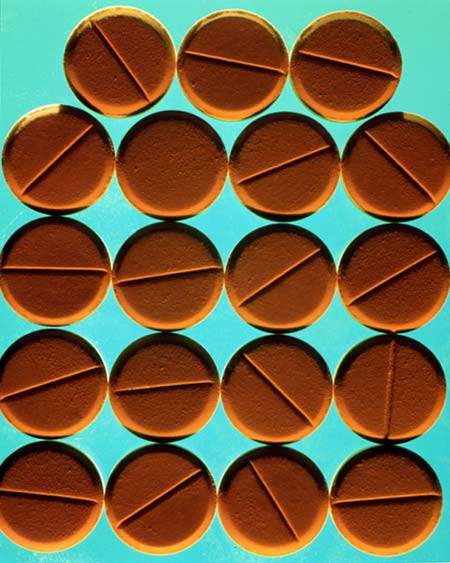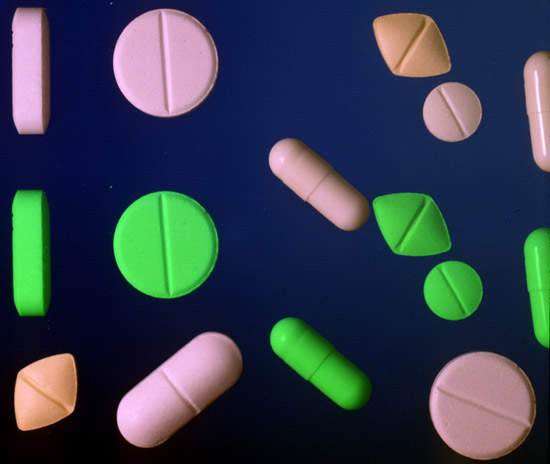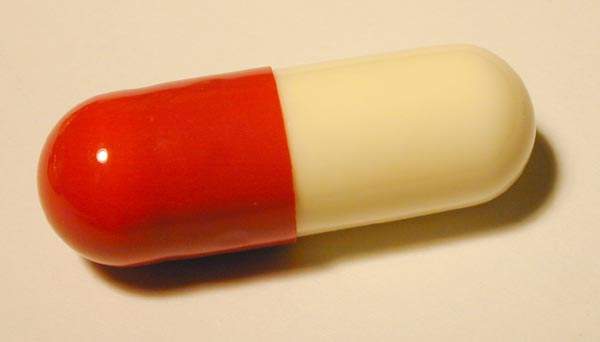Roche Mustahzarlari has completed the construction of their pharmaceutical facility at Gebze, close to Istanbul, Turkey. The new drugs manufacturing facility will make solid dosage forms, including packaging of the finished products. The facility, which has a floor space of 18,000m², includes new quality control laboratories, warehousing, offices and administration buildings.
The facility is Roche’s second-largest solid forms production plant. The project was valued at approximately $60 million. Work on the new plant began in July 2000 and, now completed, it is scheduled to begin production on 20 October 2003. The plant will produce 61 million packages of medicine in the first year. This will meet fully the domestic market demand for capsules and tablets and also allow some export to Eastern Europe.
PHARMACEUTICAL PLANT CONSTRUCTION
The Roche subsidiary decided to award the lead contract for the pharmaceutical manufacturing plant to Foster Wheeler Italiana SpA. The contract was for the provision of engineering, procurement and construction management. Foster Wheeler managed the main part of the work from its Italian centre in Milan.
TRANSITION PHASE
The plant is scheduled to enter production in October 2003. However, for the first few months this will only involve packaging. The older and smaller Roche plant at Levent, Turkey will continue production during a transition phase to the new plant.
Rockwell Automation are implementing a logistics software and production package – Propack Data PMX MESTM – to assist Roche in the transport of products between the plants, dispensing and packaging the products and their subsequent distribution from a fully automated warehousing facility to customers in Eastern Europe.
HARD GELATINE CAPSULES AND SOFT ELASTIC CAPSULES
The plant will make capsules of solid dosage forms, in which one or more medicinal and inert ingredients are enclosed in a small shell or container usually made of gelatine. The plant will make both hard gelatine capsules and soft elastic capsules.
Hard gelatine capsules are made out of a larger portion (the body) and a smaller section (the cap). Both commercially and extemporaneously, the method of filling requires that the amount of powder containing the given dose must be matched with the volume contained in the body of the capsule. Conventional capsules are oblong with curved ends. They are usually clear but can be coloured during manufacture by incorporating a water-soluble dye in the gelatine solution. The solution is then coated on moulds and dried. Hard gelatine capsules are used to hold dry powders. They dissolve in water and immediately release the contents. They are capable of holding oil drugs but they must be sealed to do so.
Soft capsules are useful for liquids and for materials with a distinct odour. They are made of gelatine, but additional materials are added to make them elastic. They cannot be made extemporaneously, and must be sealed after filling.







